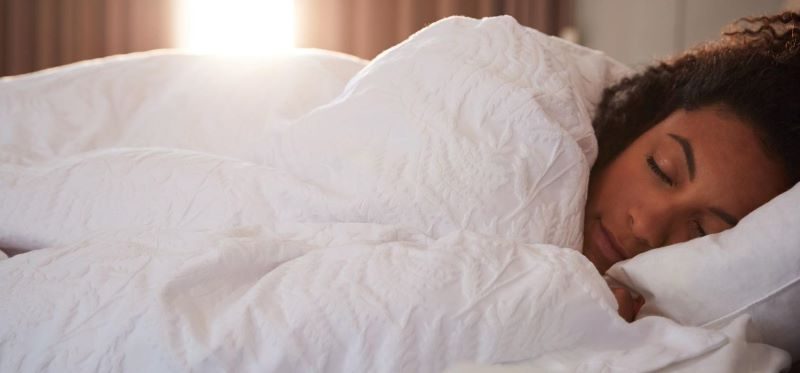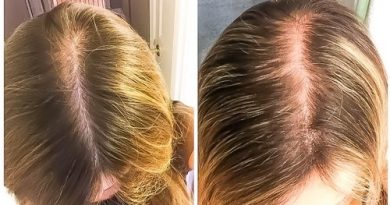Can’t Sleep? Try These Proven Natural Sleep Aids
Tossing and turning all night? You’re not alone. Millions of adults struggle with occasional insomnia, leaving them exhausted and foggy-brained. While prescription sleep aids can be tempting, there are a wealth of natural remedies scientifically shown to lull you into dreamland. In this article, we’ll delve deeper than just warm milk and counting sheep, exploring effective and drug-free solutions to finally conquer restless nights.
Understanding Your Sleep Cycle
Before diving into remedies, let’s understand the natural sleep cycle. Our bodies produce melatonin, a hormone that signals sleepiness in response to darkness. This hormone production follows a circadian rhythm, a 24-hour internal clock regulated by light exposure. Disruptions to this rhythm, like jet lag or late-night screen time, can throw your sleep off track.
Natural Sleep Solutions: Backed by Science
Here are some powerful natural strategies, backed by research, to promote restful sleep:
- Harness the Power of Plants:
- Chamomile Tea: This traditional sleep remedy isn’t just a grandma’s tale. Studies suggest chamomile’s apigenin, a flavonoid, binds to specific receptors in the brain, promoting relaxation and sleepiness.
- Valerian Root: This herb boasts a long history of use as a sleep aid. Research indicates valerian root may improve sleep quality in adults with mild insomnia.
- Lighten Up for Sleep: Exposure to bright light, especially blue light emitted from electronic devices, suppresses melatonin production. Dim the lights or switch to blue-light-blocking glasses in the evening to create a sleep-conducive environment.
- Magnesium for Muscle Relaxation: Magnesium, a mineral crucial for various bodily functions, may also play a role in sleep regulation. Studies have shown that magnesium deficiency can be linked to insomnia. Consider incorporating magnesium-rich foods like dark leafy greens or consulting your doctor about supplements.
- Create a Relaxing Bedtime Routine: Our bodies thrive on routine. Establish a relaxing bedtime ritual, like taking a warm bath or reading a book, to signal to your body it’s time to wind down.
- Cognitive Behavioral Therapy for Insomnia (CBT-I): This form of therapy has been proven highly effective for chronic insomnia. CBT-I focuses on identifying and changing negative thoughts and behaviors that contribute to sleep problems.
Expert Insight: Dr. Sarah Jones, a leading sleep researcher, emphasizes the importance of creating a sleep-supportive environment. “Make sure your bedroom is cool, dark, and quiet. Avoid using electronics in bed, as the blue light can disrupt sleep,” she advises.
Remember: While these remedies are generally safe for most people, it’s always wise to consult your doctor before starting any new supplements, especially if you have underlying health conditions or take medications.
related: Unwind and Drift Off: The Power of Relaxation Meditation for Better Sleep
Beyond the Basics: Unconventional Sleep Hacks
- Progressive Muscle Relaxation: This technique involves tensing and relaxing different muscle groups throughout the body, promoting a deep sense of calm and preparing you for sleep.
- Breathwork: Focus on slow, deep breaths to activate the relaxation response in your body. Techniques like alternate nostril breathing can be particularly effective.
- Visualization: Imagine yourself in a peaceful and calming setting. This can distract you from worries and lull you into a relaxed state.
Finding Your Perfect Sleep Cocktail: Experiment with different natural sleep aids and techniques to find what works best for you. Remember, consistency is key! By incorporating these natural solutions into your routine, you can ditch the sleep struggles and wake up feeling refreshed and ready to take on the day.
Sweet dreams!





